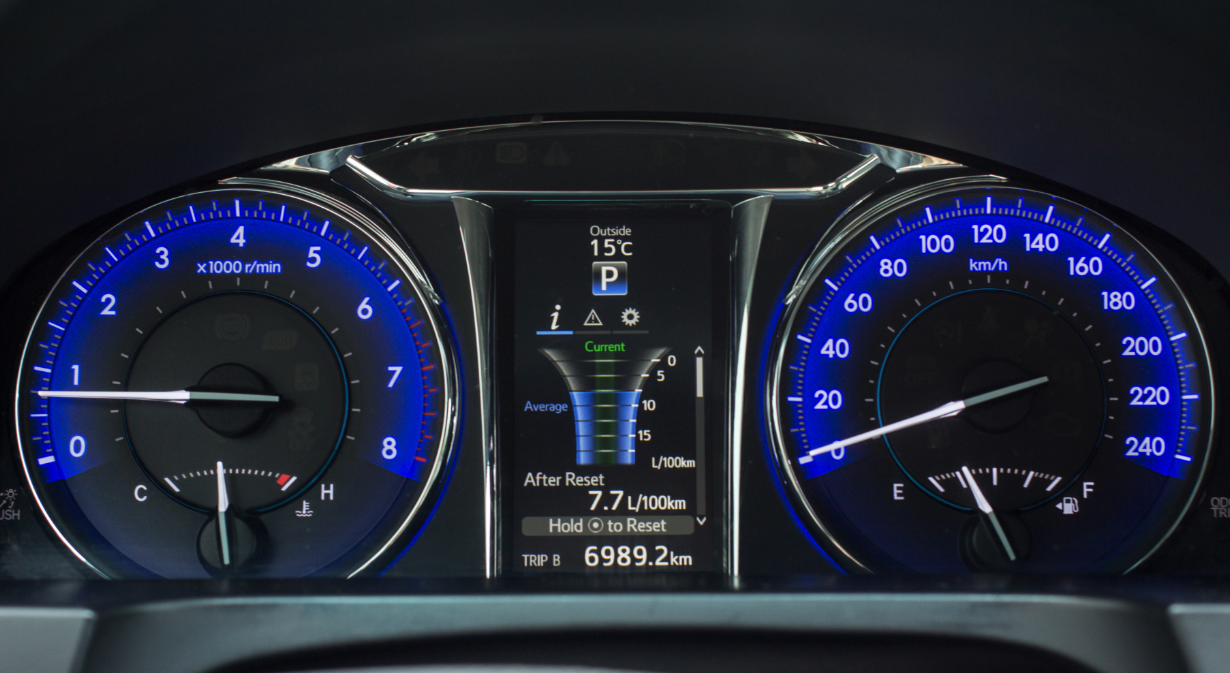
In the ever-evolving landscape of automotive technology, one component remains indispensable: the dashboard instrument cluster. This unassuming panel of gauges and displays plays a pivotal role in ensuring the safety, functionality, and convenience of modern vehicles.
What is dashboard instrument cluster?
A dashboard instrument cluster is a panel of gauges, indicators, and displays typically located behind the steering wheel in a vehicle. It provides essential information to the driver, such as speed, fuel level, engine temperature, and warning lights, ensuring safe and informed driving. Modern clusters often feature digital screens for enhanced functionality.
The need for dashboard instrument cluster
As automotive innovation continues to surge forward, the need for advanced dashboard instrument clusters becomes increasingly evident.
- Safety First
Safety is paramount when it comes to driving, and dashboard instrument clusters are at the forefront of this concern. These clusters provide critical information to drivers, including speed, fuel level, engine temperature, and more. Real-time access to this data allows drivers to make informed decisions, helping to prevent accidents and ensure road safety.
- Enhanced User Experience
In an age of digitalization, today’s consumers expect a seamless and engaging user experience in their vehicles. Modern dashboard instrument clusters have evolved from simple analog dials to interactive digital displays. These high-resolution screens offer customizable layouts, allowing drivers to access the information they need, whether it’s navigation, entertainment, or vehicle diagnostics. This customization enhances the overall driving experience.
- Fuel Efficiency and Environmental Impact
Dashboard instrument clusters also contribute to fuel efficiency and reduced environmental impact. Advanced clusters can display real-time fuel consumption data and provide suggestions for efficient driving, encouraging drivers to adopt eco-friendly habits. This, in turn, helps reduce fuel consumption and greenhouse gas emissions, aligning with global efforts to combat climate change.
- Vehicle Diagnostics
Dashboard instrument clusters are vital for vehicle maintenance. They can display warning lights and diagnostic codes when issues arise, enabling drivers to address problems promptly. This proactive approach prevents further damage, reduces repair costs, and extends the lifespan of the vehicle.
- Integration with Advanced Driver Assistance Systems (ADAS)
As the automotive industry moves towards autonomous driving, dashboard instrument clusters are becoming even more critical. They integrate seamlessly with advanced driver assistance systems (ADAS) to provide crucial information about lane-keeping, adaptive cruise control, and collision avoidance, aiding in the transition to self-driving vehicles.
To sum up
The need for dashboard instrument clusters in modern vehicles cannot be overstated. As the automotive industry continues to innovate, dashboard instrument clusters will remain a vital component, enhancing the way we drive and shaping the future of transportation.



